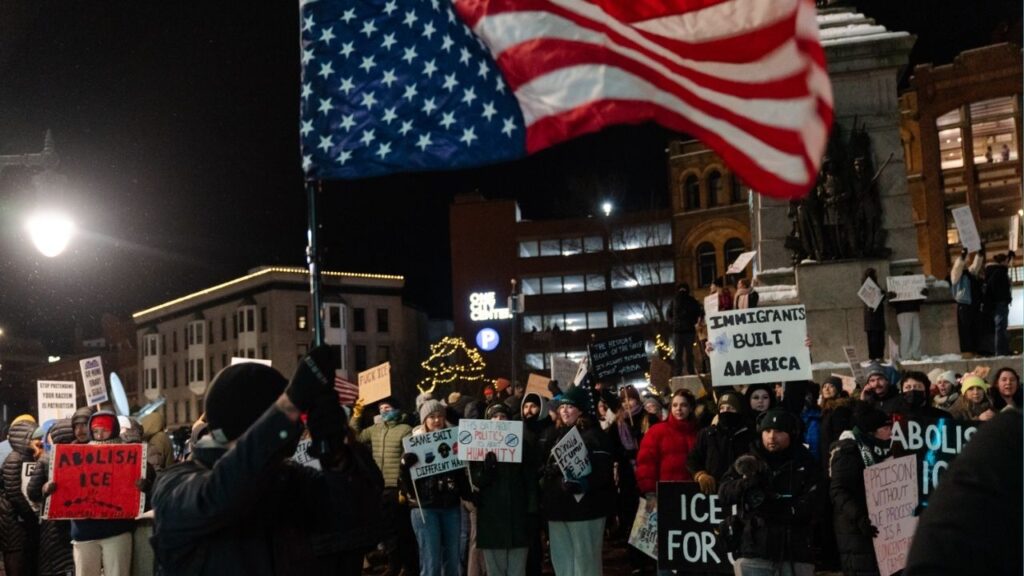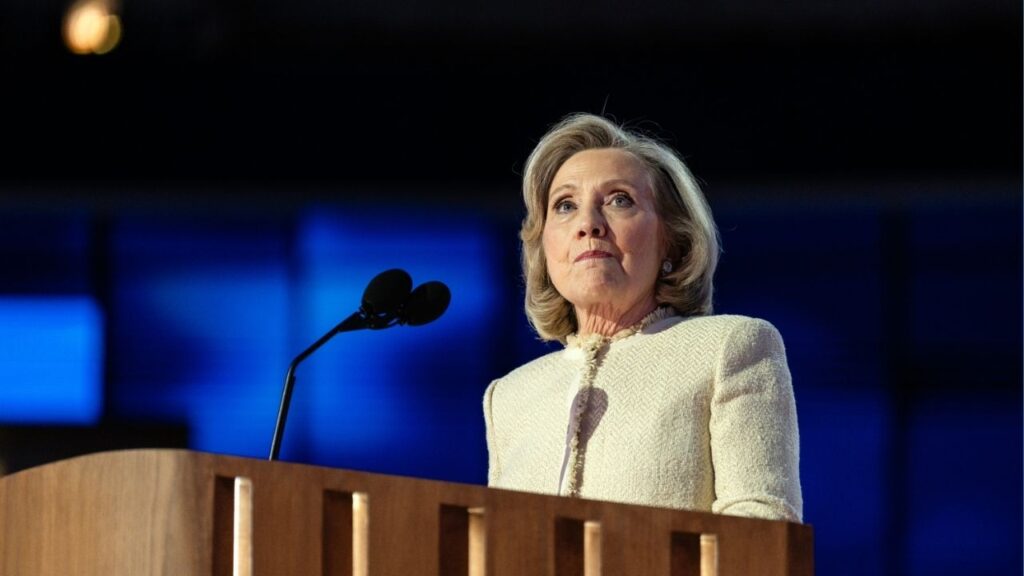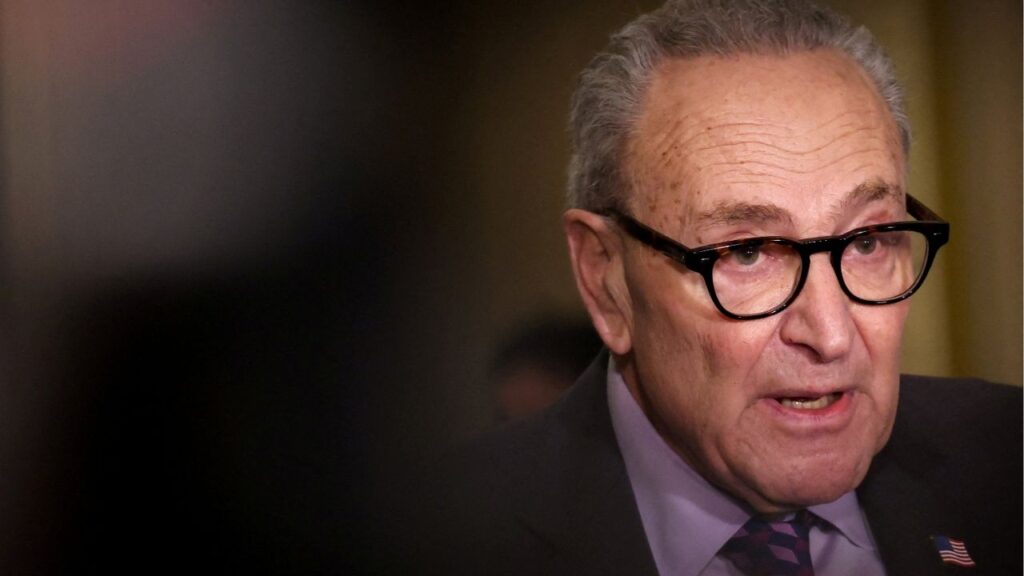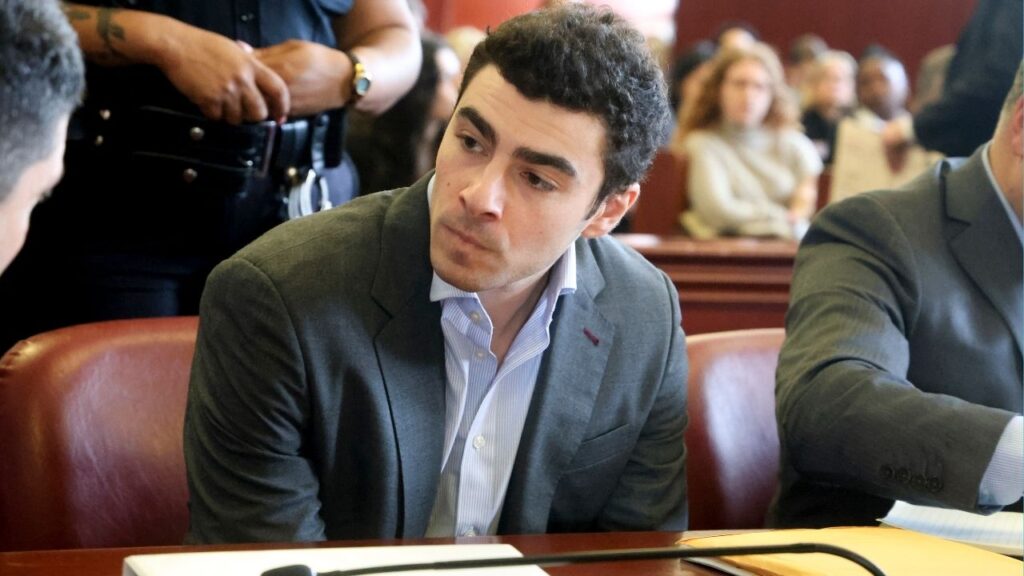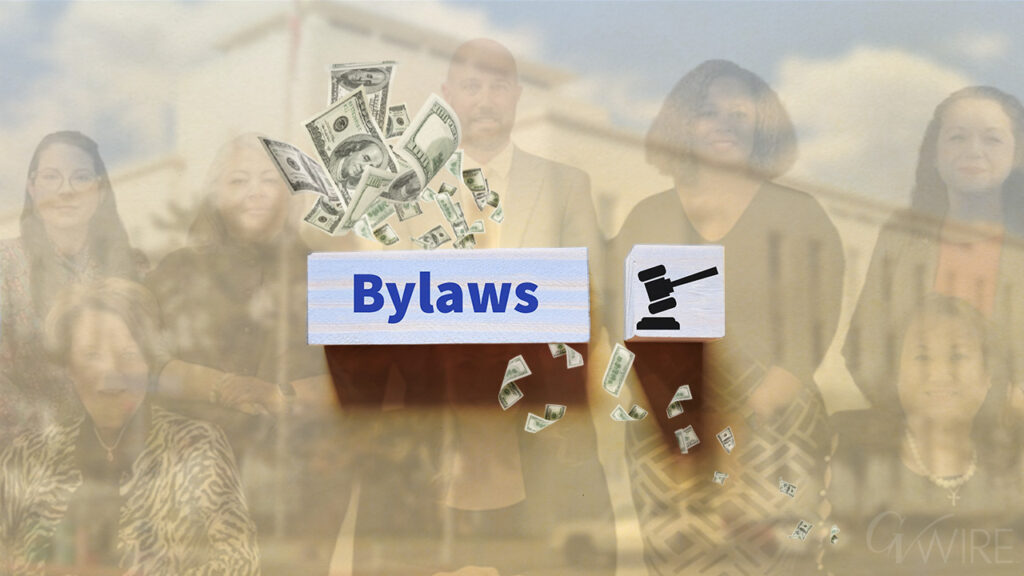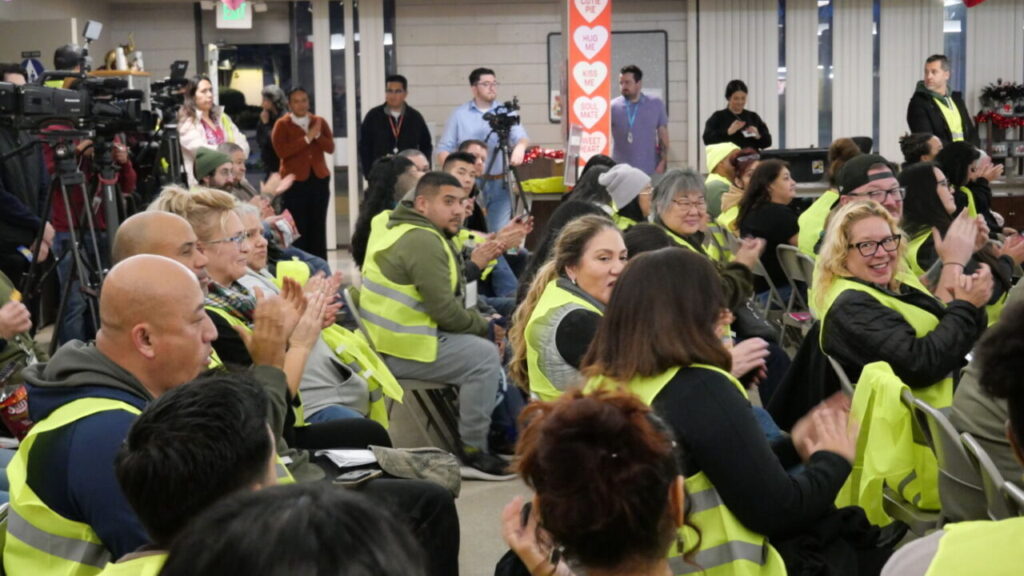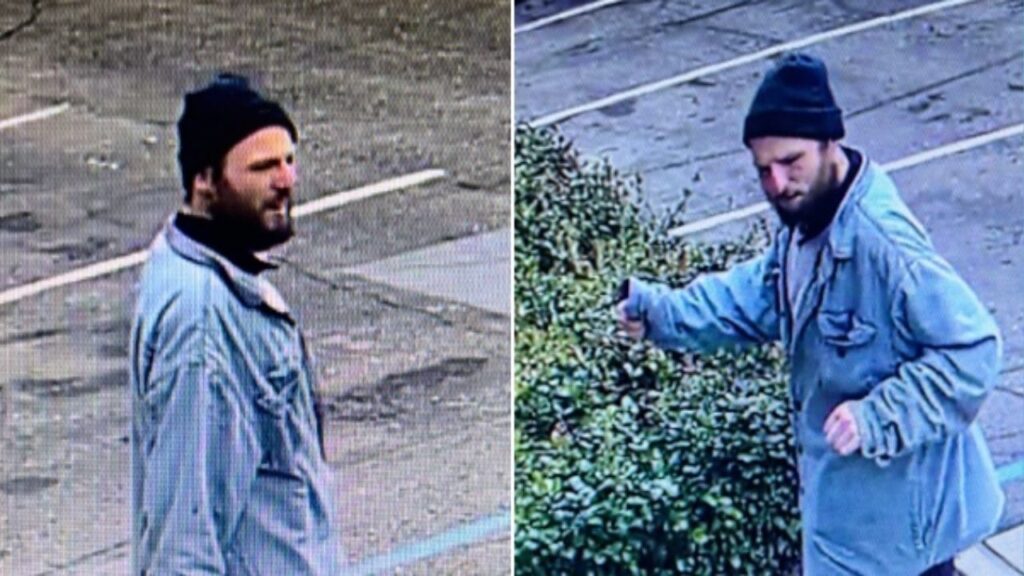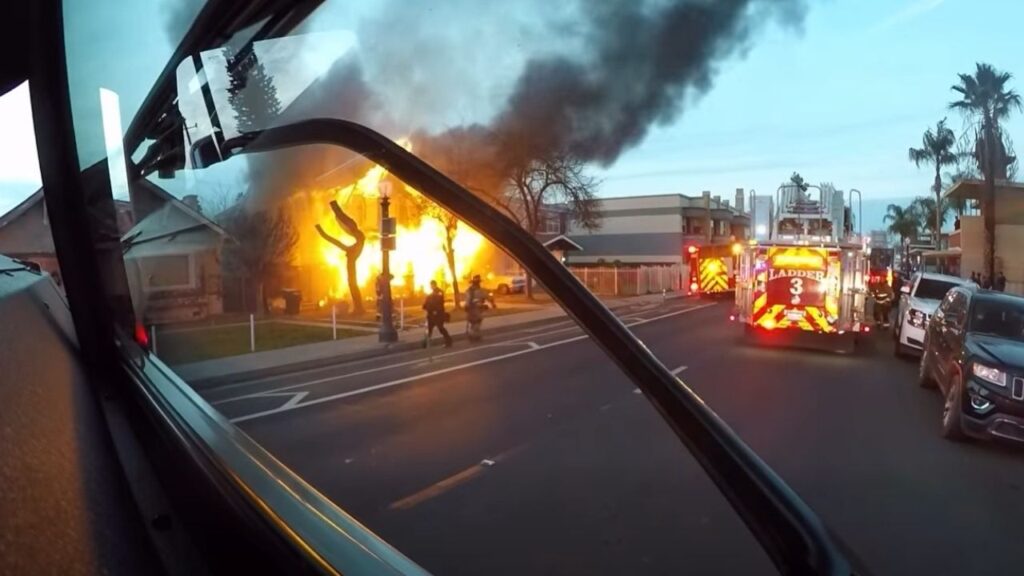Share
Fresno-area leaders on Wednesday unveiled a new website that will help investors reap big tax breaks by targeting business and development projects in federally designated Opportunity Zones.
The website Opportunity Fresno will provide the means to market to potential investors nationwide by showcasing shovel-ready projects in low-income neighborhoods identified as Opportunity Zones.
Fresno Mayor Lee Brand was joined by Lee Ann Eager, president and CEO of the Fresno County Economic Development Commission; CPA Robert Wiebe; Preston Prince, CEO and executive director of the Fresno Housing Authority; and Tate Hill, director-administration of Access Plus Capital, at a news conference in downtown Fresno to announce the website’s launch.

Zone Funds Grow Money Tax-Free
Investors in Qualified Opportunity Funds can cut their capital gains taxes on several fronts, said Wiebe, whose firm is one of the sponsoring partners of Opportunity Fresno.
For example, he said, an investor who makes a profit on an investment sale and would owe capital gains taxes could initially avoid the tax by shifting the gain into an Opportunity Fund as an investment.
Any money that the investment makes within the fund would not be subject to the capital gains tax after the investment is cashed out later, and the investor would get a 15% tax cut on the initial capital gain, Wiebe said.
He said he has created about a dozen such funds so far, of which 80% were for Opportunity Zones in Fresno County.
No State Tax Break Yet
Thus far the only tax benefit is federal, although officials are working with the state of California to adjust its capital gains tax for Opportunity Zone investments, Wiebe and Eager said.
Fresno officials started work almost immediately after the 2017 tax bill was signed into law on creating the partnership for Opportunity Fresno. The website wasn’t unveiled until Wednesday, however, because officials were waiting for the federal rules to be finalized, which occurred in November.
Investors aren’t the only ones benefitting from Opportunity Zones. Eligible projects must be in low-income areas that would benefit from new job-creating businesses, market-rate housing, low-cost housing, and industrial development.
There are more than 8,760 designated Qualified Opportunity Zones in the United States and five U.S. territories, including 47 census tracts in Fresno County, 37 of which are in the city of Fresno.
Website Will Continue To Evolve
The Opportunity Fresno website will be overseen by Clair Whitmer, who works in City Hall as the Opportunity Zone liaison and is a FUSE Corps Fellow. FUSE is a national nonprofit that partners with local governments to boost urban areas.
Whitmer will help businesses develop their prospectus for the website, and also do market outreach in search of investors.
“I’m here to coach,” she said.
Four businesses in search of investor funding are already on the website: the Fresno Housing Authority’s Econo Lodge renovation ($2.5 million); S.A.G.E. Biorefinery Plant to process agricultural waste ($35 million); Sierra Agra, a juice production facility to convert culled, imperfect fruit into juice, puree, and concentrate ($1.9 million); and Shake Energy, which aims to build solar canopies to lower energy costs and enhance neighborhoods with shade structures ($1.5 million).

Shake Energy Says Solar Can Improve Energy Equity
Shake’s co-founders are CEO Ali Andrews and Austin Bushree, the chief customer officer. They say they’ve been conducting meetings with the El Dorado Park community west of Fresno State’s Bulldog Stadium to get input about how to develop the ground beneath a solar canopy.
The company’s vision is to build solar canopies that would be about 15 feet off the ground and would cover 1 to 2 acres, Bushree said.
The ground development ideas include parks, gardens, splash pads, amphitheaters, glow-in-the-dark putt-putt courses — even “LED butterflies powered by stationary bicycles, that’s one of my favorite recent ones,” Andrews said.
Fresno Residents Bear a Heavy Energy Burden
As a public benefits corporation, the company is for-profit but also has a mission of trying to decrease area residents’ energy burden while adding more clean energy to the grid, Andrews said.
Fresno residents have some of the state’s higher energy costs, Bushree said. He and Andrews came from Palo Alto to Fresno because they wanted to help find solutions to the area’s high energy costs while developing clean energy.
“The amount that people pay for electricity here, when it’s really hot in the summer and cold in the winter, especially relative to a lot of the community’s average income, is outrageous,” he said. “It’s what we call the energy burden, as Ali mentioned early on.
“The energy burden seen by a lot of folks here in the Central Valley, and Fresno in particular, is astronomical. That’s the core focus of our company, trying to bring the financial benefits of clean energy to more people, in a much more equitable way.”
Watch: Opportunities Zones Explained
Categories






